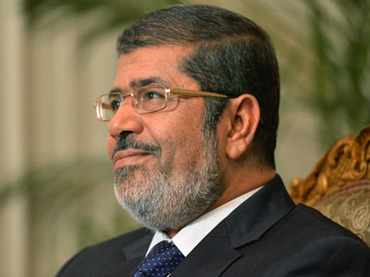
The pre-trial detention period has been extended to 45 days for those facing charges punishable by death or life imprisonment, as per a presidential decree issued on Wednesday. The decree stipulates that there is no maximum limit for the length of detention.
Interim President Adly Mansour issued the decree that amends Article 143 of the Criminal Procedure Code, giving the Court of Cassation and the court of referral the authority to extend detention of individuals for 45 days with no maximum time limit. The amendment refers to cases that include charges punishable by death or life imprisonment.
Malek Adly, a lawyer from the Egyptian Centre for Economic and Social Rights pointed out that the punishment of death or life in prison applies to some “political crimes” such as blocking roads or picketing outside a government building as well as crimes like assassination or attempting to overthrow the regime.
Adly observed, “The legal base is supposed to be general and applicable for everyone but they have made a law that will target certain people.” He added that the amendment would apply for the majority of Muslim Brotherhood members arrested in the security forces recent crackdown on the group.
Adly fears that this could also set a bad precedent for the future, saying, “after this period they could use this amendment against political activists or those who oppose the policies of the government.”
The Criminal Procedure Code previously had a limit on pre-trial detention period of two years. Former President Hosni Mubarak was released in August as per the above clause. He was then placed under house arrest pending trial in three other cases.
Hafez Abu Saada, director of the Egyptian Organisation for Human Rights also condemned the amendment saying, “it does not comply with human rights standards.” He continued, “it seems strange to me. Article 143 was originally amended on the recommendation of the National Human Rights Council to place the two-year limit on crimes punishable by life in prison or execution. Two years is enough.”
He added, “The first person that will suffer from this will be Hosni Mubarak, now a judge has the ability to renew his detention again.”



